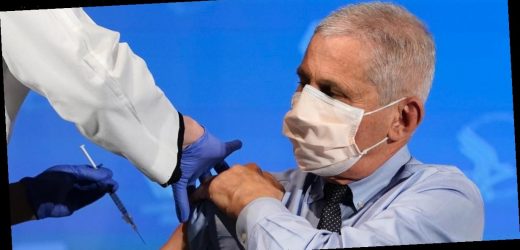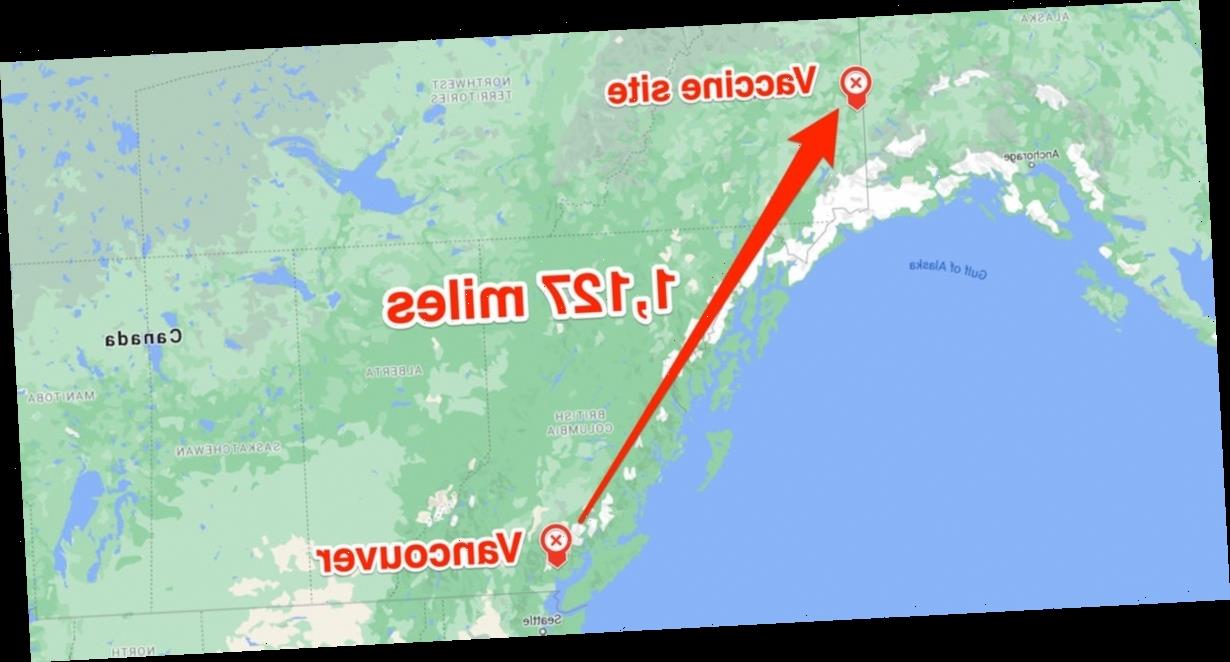- Dr. Anthony Fauci said Monday that he is worried delaying the second dose of COVID-19 vaccines could "immunologically select" for virus variants.
- "It may not be the case, but it gets risky", Fauci said on a virtual World Economic Forum panel.
- He said that this is the reason the US "prefers" to keep the second dose close to the first. Other countries have delayed second shots.
- Visit Business Insider's homepage for more stories.
Dr. Anthony Fauci said Monday he was "concerned" that delaying the second dose of COVID-19 vaccines could risk the spread of mutated coronavirus variants.
"You don't get full efficacy until you get the second dose, and if you allow suboptimal efficacy, you can actually immunologically select for mutations," Fauci, speaking on a virtual World Economic Forum panel.
Fauci did not elaborate on what he meant — however, some experts have warned that delaying second doses, and therefore delaying the maximum potential effectiveness of a vaccine, may promote an "escape mutant" that can survive and evade COVID-19 shots. The UK's top scientist on January 5 called this a "real worry but quite a small real worry."
Fauci, the top infectious disease expert in the US and President Joe Biden's chief medical advisor, said delaying second shots was not necessarily damaging, but the risk meant officials "prefer to keep it to the time that the clinical trials said."
Pfizer and BioNTech tested their vaccines with two doses 21 days apart — for Moderna, it was 28 days.
The UK was the first country to adopt the controversial strategy of delaying the second dose on December 30, to try to immunize more people and stop the spread of coronavirus. The French health authority, Haute Autorite de Sante health authority, announced Sunday it too recommended delaying the second shot to six weeks after the first.
In the US, the CDC updated its guidance on Thursday, and recommended that the second dose should be administered as close to the recommended interval as possible. But if it is "not feasible to adhere to," the second dose of the Pfizer-BioNTech and Moderna COVID-19 vaccines may be scheduled up to 6 weeks (42 days) after the first dose, it said.
The World Health Organization said Tuesday that when necessary, the interval between doses may be extended to from 21 to 42 days.
Dr. Rochelle Walensky, the new director of the Centers for Disease Control and Prevention, told Fox News Sunday that the purpose of the guidance was to help people in "those exceptional situations" — such as when people have forgotten which dose they have received or the vaccine they got — where the CDC guidance couldn't be followed.
Fauci said that while vaccines seem to be less effective with new variants, they should still work against them.
"The cushion of efficacy is sound enough that the vaccines we're using now will be good against both the mutant in South Africa as well as those in the UK.," Fauci said, reported Bloomberg.
Healthcare Explained:
Telehealth Industry
Value-Based Care
Senior Care & Assisted Living Market
Medical Devices & Wearable Tech
AI in Healthcare
Remote Patient Monitoring
If you have a story about the coronavirus pandemic you’d like to share, email us at [email protected].
Get the latest coronavirus business & economic impact analysis from Business Insider Intelligence on how COVID-19 is affecting industries.
Source: Read Full Article


